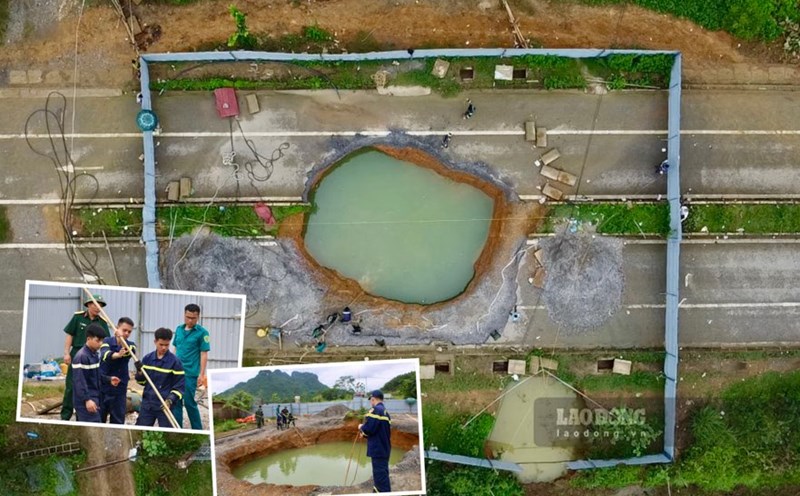Poor trade rises
Mr. Y Ban Are (Thang village, Ea Ho commune, Krong Nang district) recalled: "About 5 years ago, the roads in the village had not been concreted, making it difficult to travel. Every time it rains, the red dirt road is muddy, making it almost impossible to travel by motorbike. This is one of the main reasons why people have difficulty developing the economy and rising out of poverty sustainably".
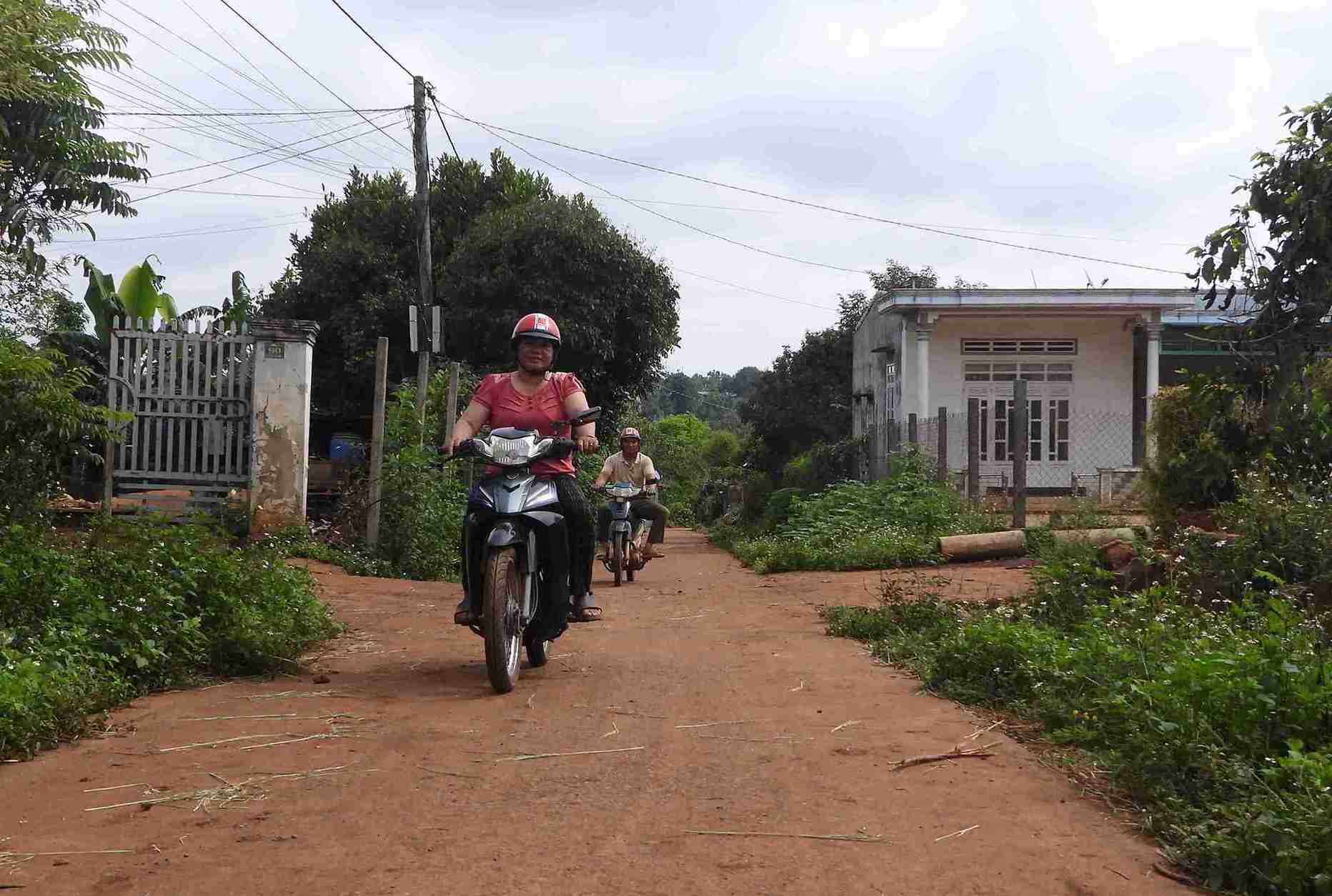
Thanks to the resources of the national target program for socio-economic development of ethnic minority and mountainous areas in the period of 2021 - 2025, the People's Committee of Krong Nang district and the People's Committee of Ea Ho commune have invested in infrastructure and concreted the roads in the village.
Thanks to that, people can move smoothly. Many poor and near-poor households in the village are also supported by local authorities with breeding cows to develop the household economy.
At the end of 2024, Mr. Y Ban Are and many others in the village escaped poverty and became near-poor households.
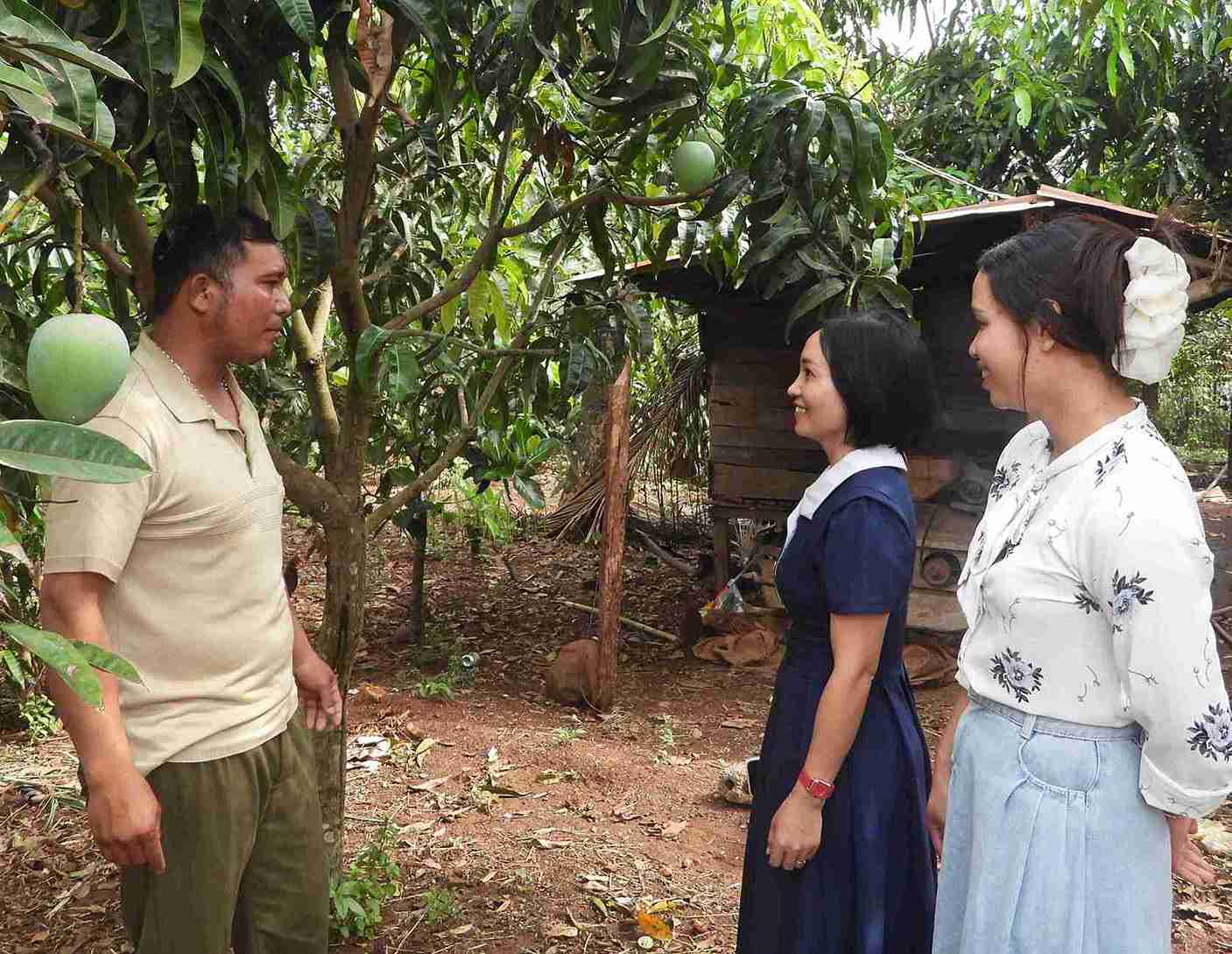
Mr. Y Ban Are said: "I try to strive to escape poverty sustainably in 2025. I set this goal as a result of my family's durian garden having good yields. In addition, I also focus on raising livestock. Hopefully, by the end of this year, I will have a good profit from selling agricultural products to support my wife and 3 young children who are of age".
Not far from Trang village, Mrum village (a particularly difficult area of Ea Ho commune) is also changing every day. The clearest proof is that the roads in the village have mostly been concreted.
farm vehicles move busily every early morning. In particular, the cultural house in the village is being upgraded and repaired so that people have a place to live together.
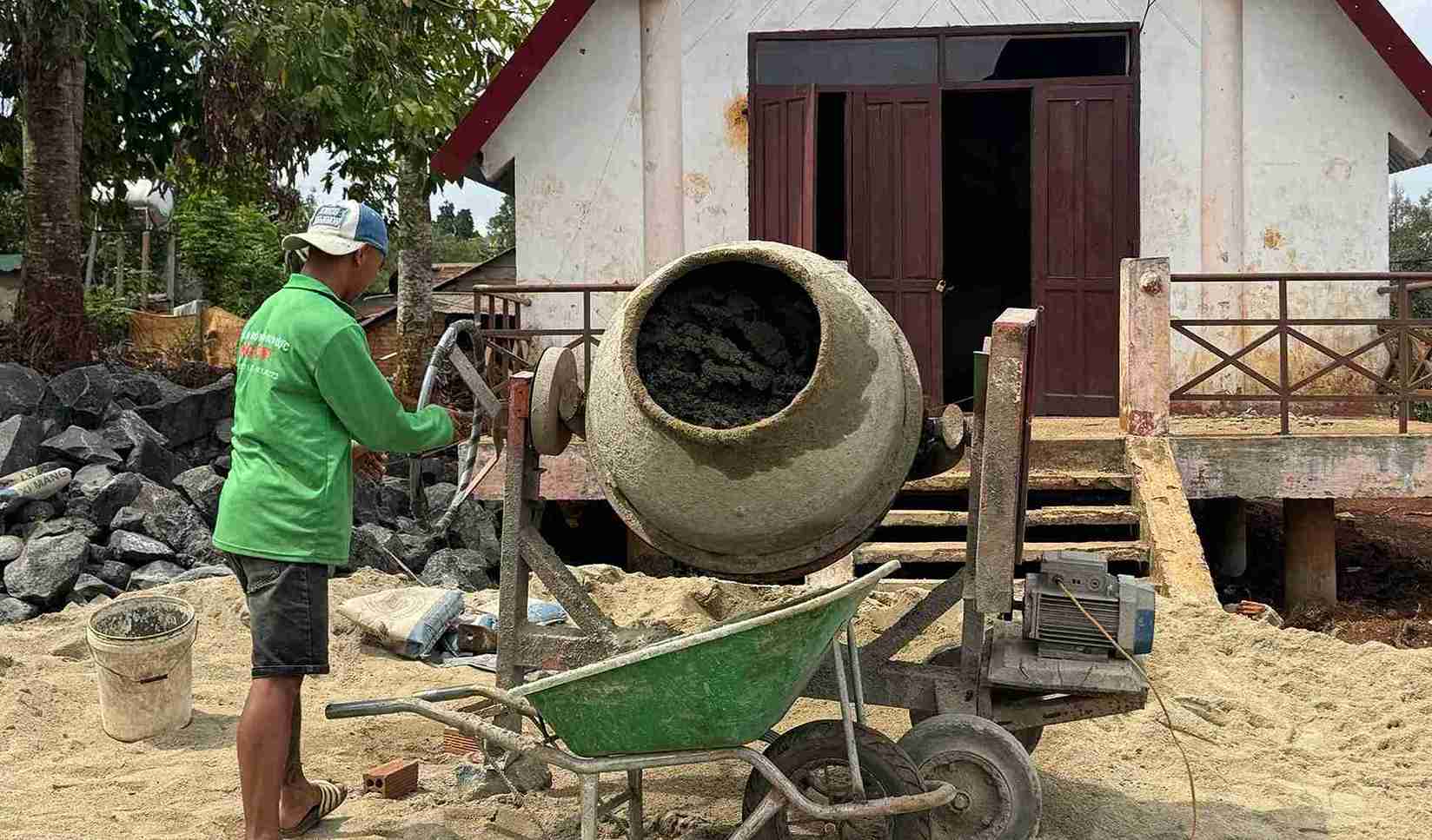
Mr. Y Tap Ksor (Head of Mrum Hamlet) said: "In recent years, the prices of agricultural products such as durian and coffee have increased, and the lives of people in the area have improved a lot. However, without the correct policies and guidelines of the Party and State, our business would not be as it is today".
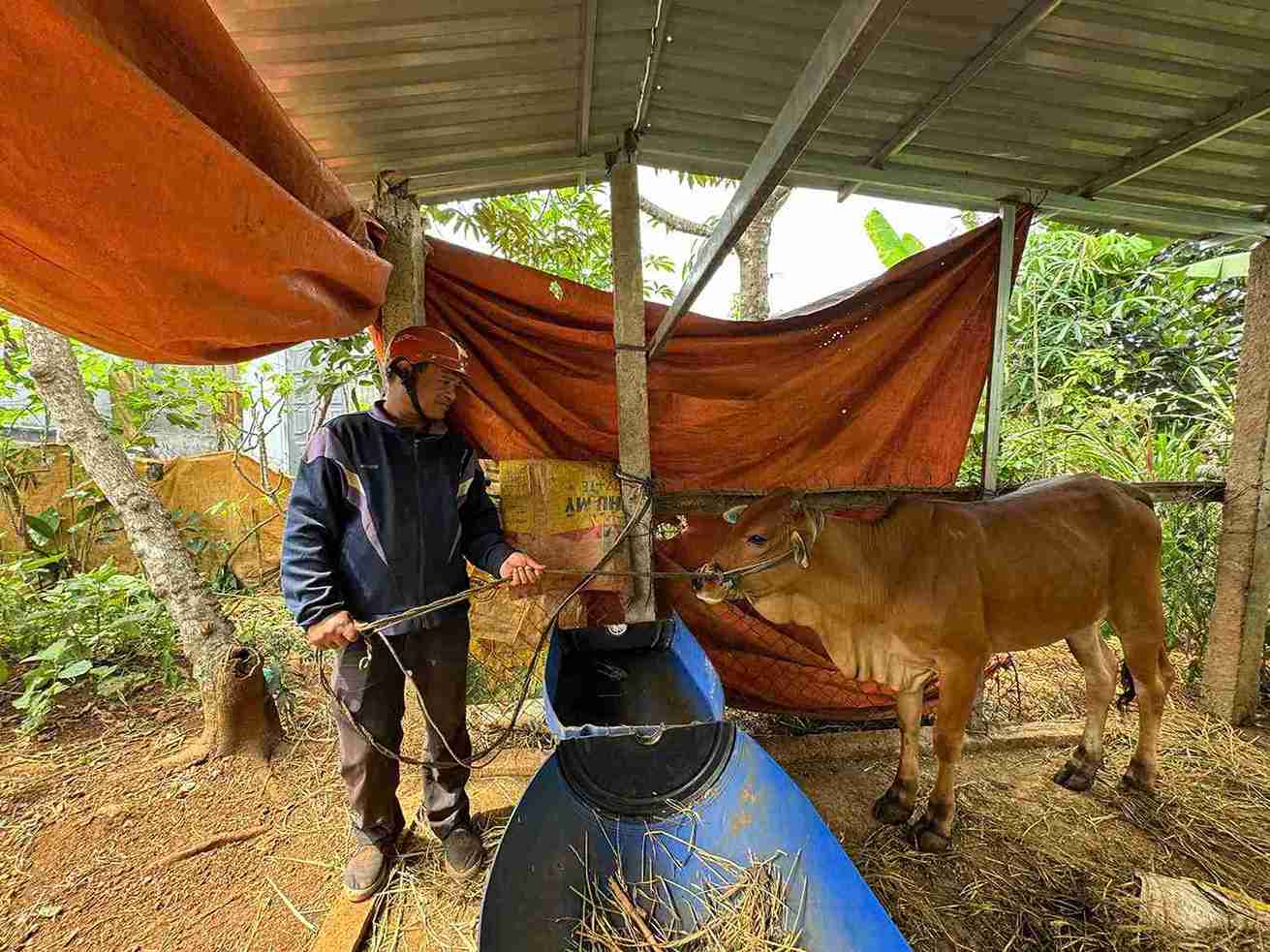
"Every week, I check breeding cows of poor households issued by competent authorities (from the national target program). Thereby, monitoring the health status of livestock and instructing people on how to properly care for cows to develop and reproduc well," Mr. Y Tang added.
Cadres are always close to the people, close to the people
Ms. H' Phi La Nie - Vice Chairman of Ea Ho Commune People's Committee shared: "As an ethnic minority, I understand the thoughts and aspirations of people in extremely disadvantaged areas in the area. What people need most is support from the government for production materials, clean water tanks, and upgraded traffic infrastructure...".
According to Ms. H'Phi La, the whole commune of 14 villages and merchants, of which, there are 9 local ethnic minority merchants who are extremely difficult. The commune is one of the most difficult localities in Krong Nang district. In recent years, thanks to resources from the national target program, the commune has synchronized and effectively implemented the reasonable allocation of funding for the area.
Thanks to that, the number of poor and near-poor households has decreased sharply. To date, the whole commune has only 798 poor households and 331 near-poor households. Compared to 2024, the number of poor households decreased by 257 households, near-poor households decreased by 14. This is a great effort of the local government.
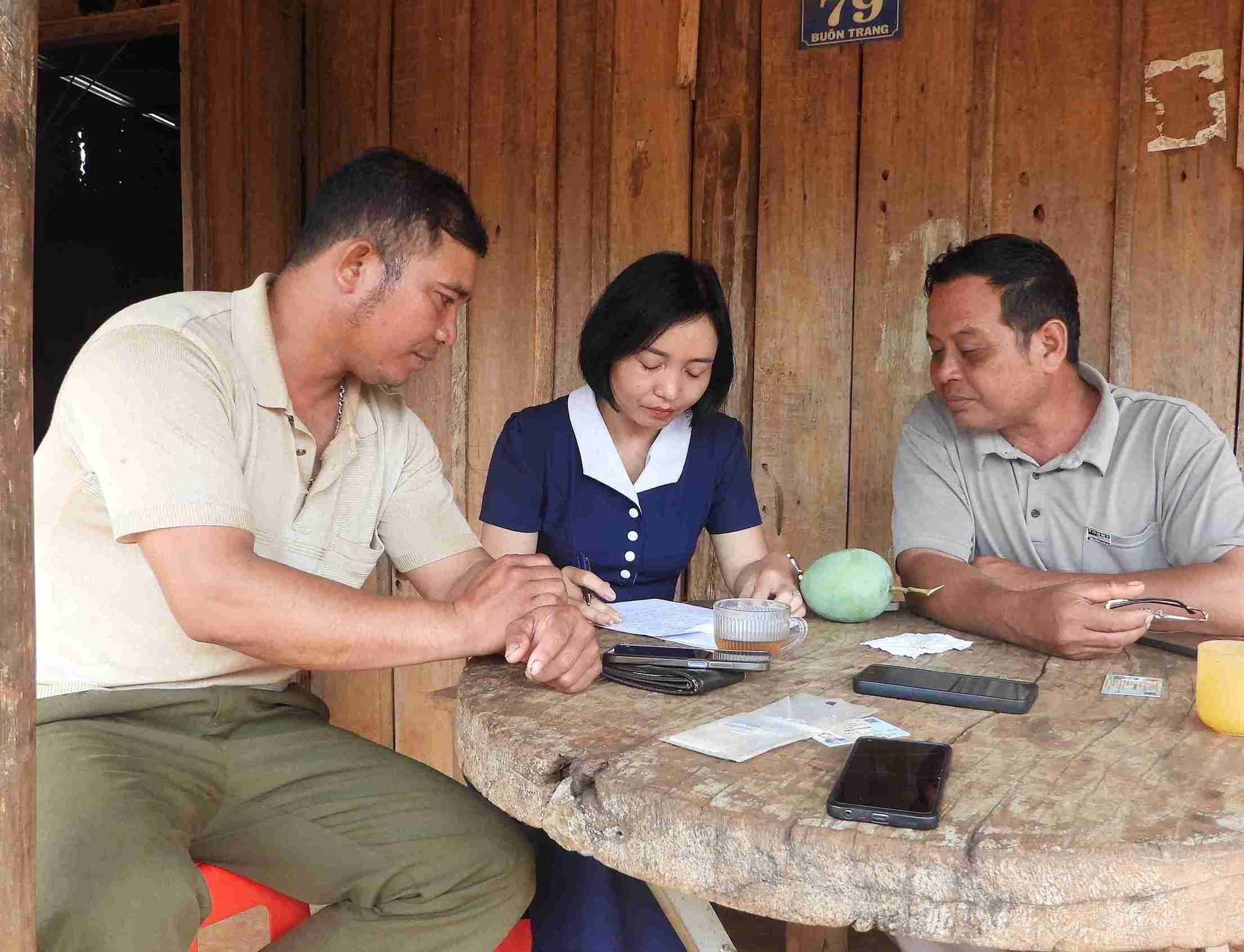
"The Party Committee and the Commune People's Committee also directed the heads of villages and merchants to focus on the propagation and mobilization of people to implement the Party's guidelines and policies, the State's legal policies. Besides, flexible application of prestigious people in the area to encourage and support ethnic minorities trying to strive for production labor and rise out of poverty," Ms. H'Phi La La added.
According to the People's Committee of Krong Nang district, by the beginning of 2025, the district will have about 6,500 poor households and nearly 3,400 near-poor households.
In particular, in early May 2025, the Ethnic and Religious Affairs Department also organized a Training Conference on breeding cattle farming techniques to implement the Project to support the development of community production under the 1719 Program.








